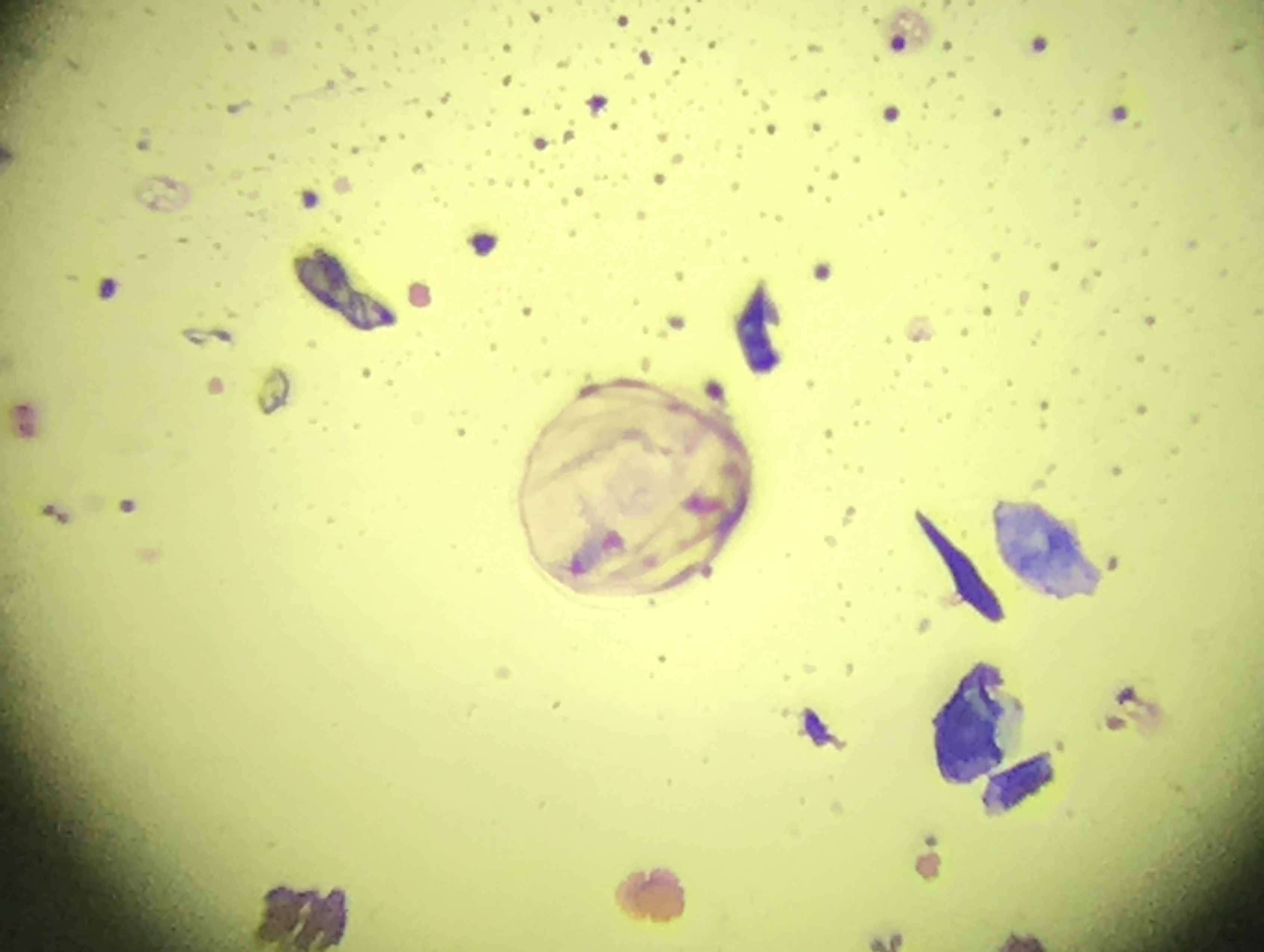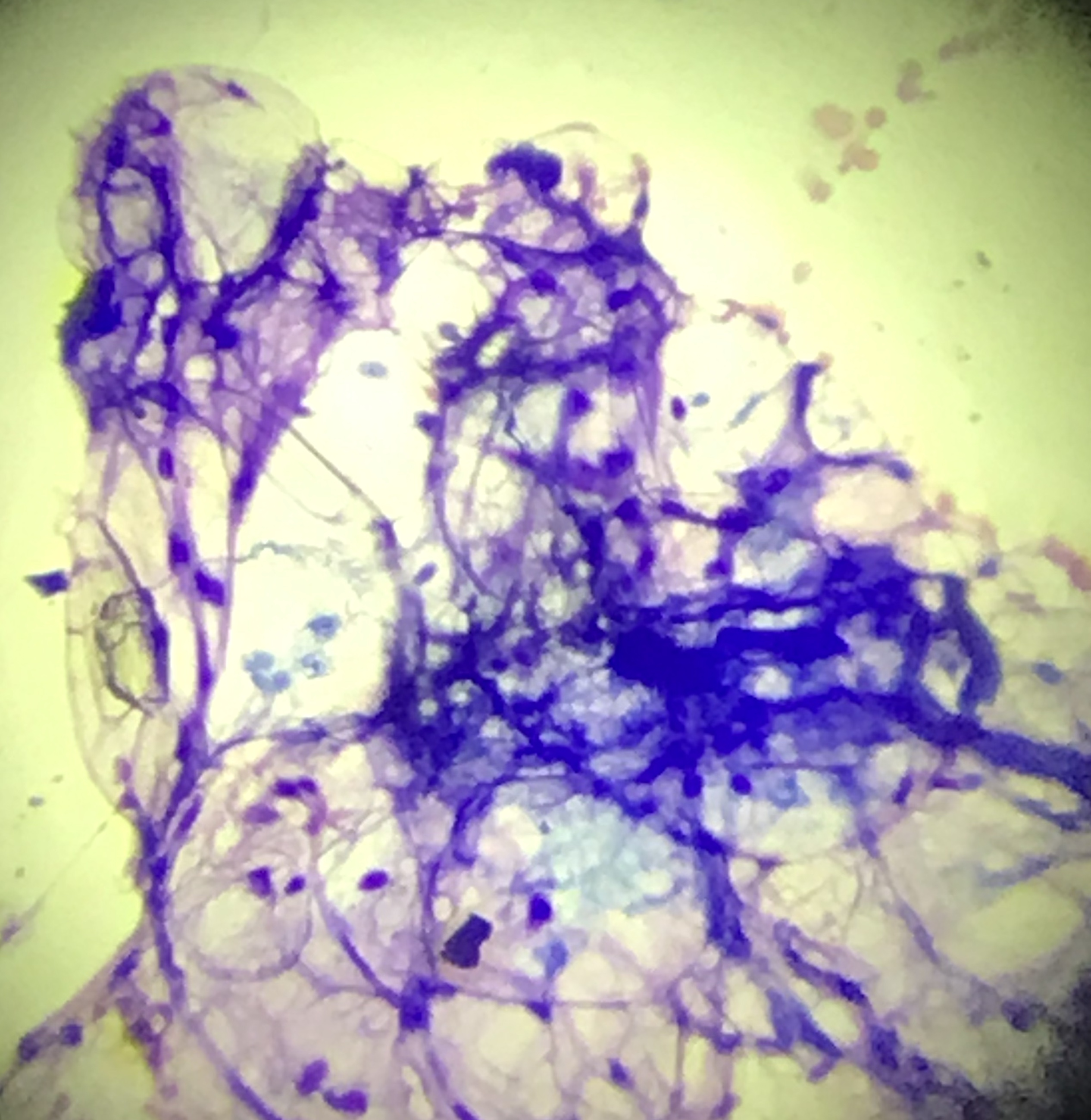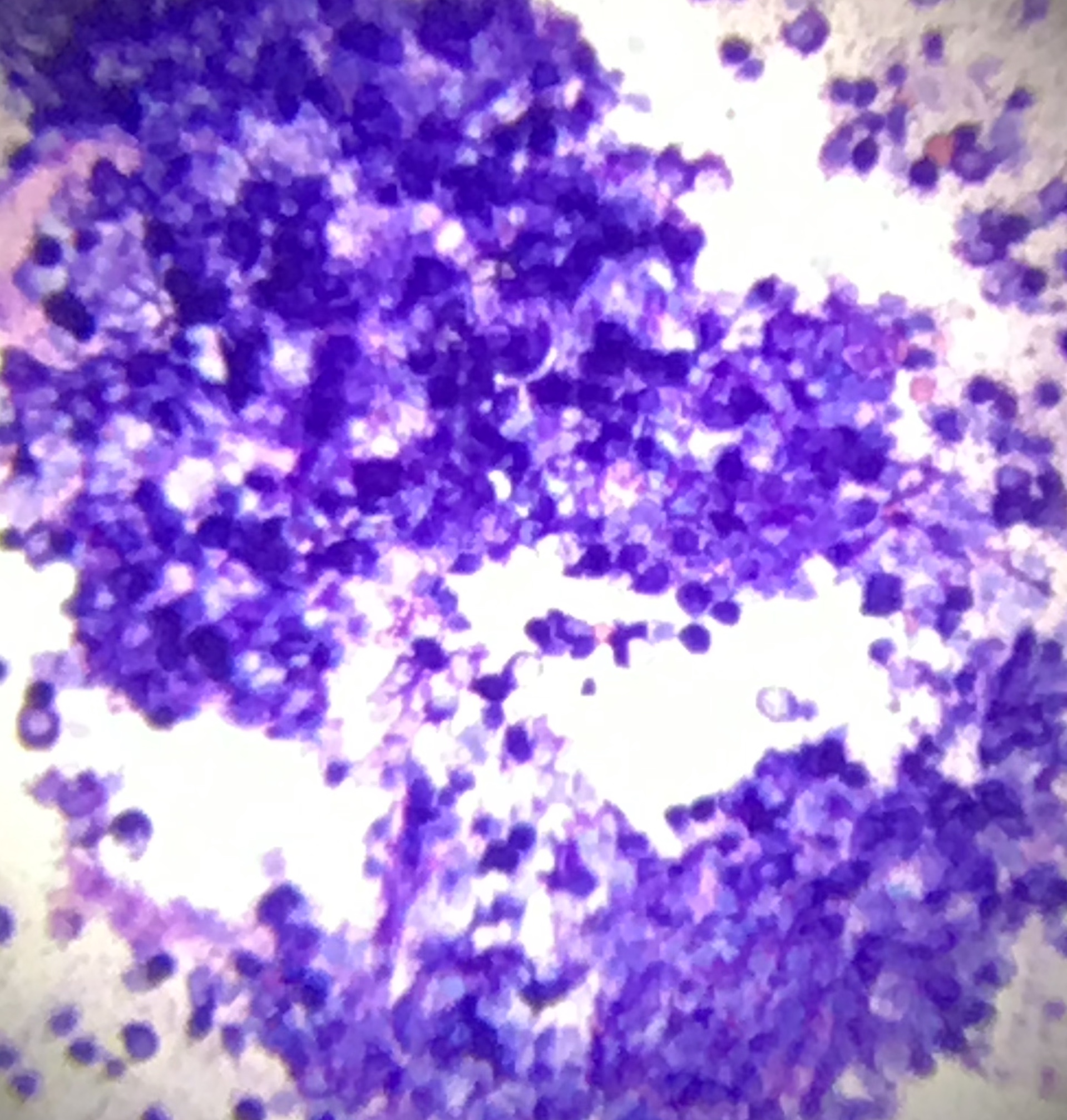I spend much of my working life looking for it, identifying it, and discussing it. My personal life has already been touched by it, and there’s a not inconsiderable chance it will kill me some day.
News organisations neatly divide every object in the world into something that will either cure or cause it or, confusingly, both at once. Even as clinicians we are cautious about using the word about our patients, aware that it has a weight for our clients that ‘autoimmune’ or ‘infectious’ can’t hope to match.
Why are we still so weird about cancer?
Vast range of diseases
The fact of the matter is that the simple term applies to a vast range of different diseases, each with very different appearances, clinical signs and prognoses. The variety of pathology caused by cancer is as vast as that caused by infectious diseases, and yet we treat all of them with the same terrifying and totemic term. Here’s some visual proof of the many shapes it can take, all caused by the same root pathology of uncontrolled cell proliferation, and all taken by me in the space of a single day:
Even the humble lipoma is neoplastic, and although we usually reserve the term for malignancy nowadays, it’s still technically cancer. I don’t mean to denigrate the very real suffering that lipomas can and do cause in a minority of cases, but, prognostically, they’re right at the benign end of the spectrum, and it’s hard to imagine those relatively friendly appearing pink sacs above as anything particularly unpleasant.
These chaps (above), on the other hand, have got rather more to answer for. Even if we eliminate benign tumours from the definition, these strikingly visually different proliferations of itchy inflammatory cells make it into our definition. Even so, aggressive as this lot look here, they’re actually nicely granulated and well-differentiated, and it’s fairly likely that this is a low-grade tumour, and probably won’t recur after it is excised.
And here (above) we have some nasty looking buggers probably worthy of the fear the word inspires. These cells have long-since stopped obeying the rules that other tissues abide by – they’re markedly different in size and shape to all the cells we’ve seen before, not to mention each other. The location of these cells in the prostate of an unfortunate patient, as well as the occasional large reddish circular blobs in the cytoplasm of the cell mark this out as a probable transitional cell carcinoma (TCC) – highly aggressive and difficult to treat, even with state of the art veterinary treatment. Incidentally, we cytologists have no idea what the big red blobs are, but we see them in TCCs, and we’ve given them a name that no-one else understands (Melamed-Wolinska; MW bodies), so we can at least pretend to know what we’re talking about.
Look at the images from those three swellings, and remind yourself that they can all be described by the same word. I could have posted dozens more images, all unique, all with their own different treatments and outcomes, but my colleagues would have told me to stop pissing about with the camera and get back to work, but this is rather the point of my blog.
Not the same
As people, and even as clinicians, we need to stop treating these diseases as if they are all the same. Take the oft-repeated statistic that 50% of us will develop cancer at some point in our lives – however true, it’s about as useful a statement as pointing at that all of us will suffer from many infectious diseases throughout our years on Earth, because suffering from a head cold isn’t quite in the same league as contracting rabies or tuberculosis.
The word “cancer” induces an almost atavistic terror that, while often justified, frequently isn’t, in a way that no other word does; the only other one I can think of offhand that even comes close is “radiation”, and that’s largely because of its potential to cause cancer in the first place. By the way, the terror induced by radiation is, frankly, far in excess of the risks associated with it. High doses of radiation will kill you quite effectively, but as far as carcinogens go, radiation is a relatively poor one. I enjoyed the recent excellent HBO/Sky miniseries on Chernobyl as much as anyone else, but took a highly pessimistic, some might say exaggerated, view of the broader deaths associated with the disaster.
Why does this culture of fear around cancer bother me? Well, for a number of reasons. Firstly, the tendency to tar all tumours with the same terrifying brush causes a lot of unnecessary misery and suffering for people when he or she (or, as this is a veterinary blog after all, their pets) are first diagnosed. The terror it induces is really only justified for a small proportion of neoplasia nowadays, and, once again, while I don’t mean to belittle the life-destroying problems that patients of aggressive cancers suffer from, I wish that we didn’t just assume all tumours were headed that way until proven otherwise.
Secondly, the fear we all feel about the word makes it very difficult for cancer patients of all different types, because we really don’t know how to discuss their diseases with them, and when we talk to them about it at all, we have a tendency in strange euphemistic terms about their “battle”, or their “bravery”, as if they had any other choice than to try and make it through the days trying to get rid of the unwanted burden that has invaded their lives.
Finally, cancer casts such a long shadow it eclipses almost any other disease, especially weird-sounding immune-mediated conditions that, even though their consequences are often equally severe, aren’t given the same degree of sympathy, euphemistically or otherwise. Chrohn’s disease or cerebral vasculitis bend lives out of shape equally as effectively as cancer does, more so than most in fact, and although many of us understand the consequences of them when they are explained to us, they don’t induce the near religious awe that we attach to cancer.
Personally, I’d like to see the day when we think of “cancer” as just a word that describes a group of diseases, some relatively trivial, and some fucking awful, in exactly the same way that we think about other groups of diseases. Until we do, the big C is going to cause more fear than it deserves, cloud our judgments, and lead to unnecessary suffering wherever the word is uttered.










Leave a Reply